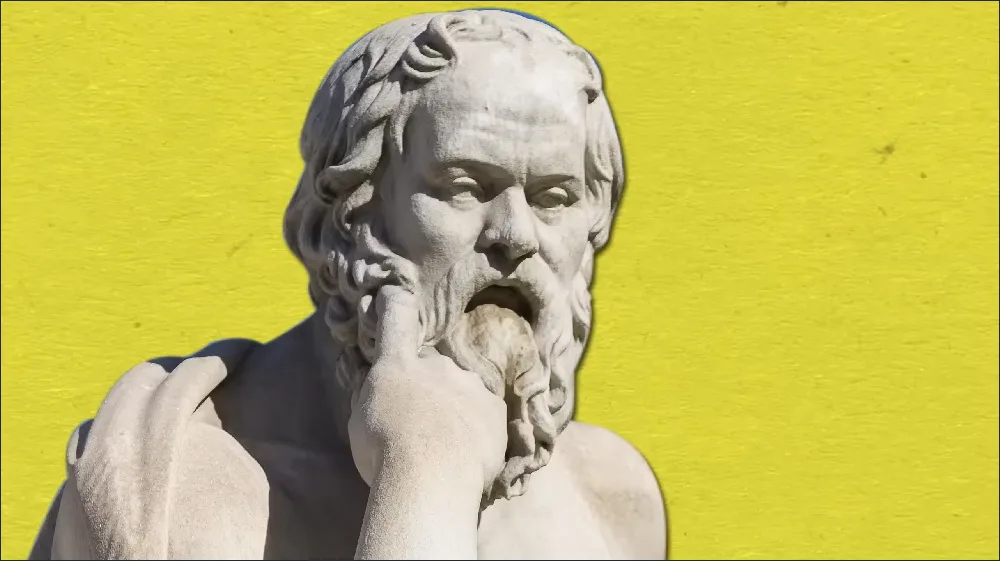Socrates, the classical Greek philosopher, is often cited as having a critical view of democracy, particularly the form that existed in Athens during his lifetime (469-399 BCE). His critique is not documented firsthand, as Socrates left no writings of his own; our understanding of his thoughts comes primarily from his students, like Plato.
The reasons for Socrates’ criticism of Athenian democracy can be summarized as follows:
- Rule by the Uninformed: Socrates believed that governance should be in the hands of those who are most knowledgeable and virtuous, rather than decided by the majority, who may lack wisdom and expertise. He used the analogy of a ship’s navigation being entrusted to skilled navigators rather than to the crew at large.
- Rhetoric over Truth: He was concerned with the way rhetoric and persuasion in the democratic assembly could easily sway people, often leading to decisions based on emotion or popularity rather than reasoned debate or truth.
- Vulnerability to Demagoguery: Socrates argued that democracy could easily lead to the rise of demagogues, who, through persuasive speech, could manipulate public opinion for personal gain rather than the common good.
- Neglect of Virtue: He believed that democracy prioritized wealth and power over virtue and wisdom. Socrates thought that ethical knowledge and virtue were necessary for good governance, which he felt was compromised in a democratic setting where anyone, regardless of moral and intellectual capacity, could hold power.
- Personal Experience with Democracy: His criticism was also influenced by personal experiences. The trial and subsequent execution of Socrates by the Athenian democracy, on charges of corrupting the youth and impiety, exemplify the flaws he saw in democratic judgment and the potential for injustice.
It’s important to note that Socrates’ critique was directed at the direct democracy of Athens, which is quite different from the representative democracies common today. His ideas have influenced a wide range of political thought, contributing to discussions on the role of citizenship, governance, and the importance of education and virtue in public life.













